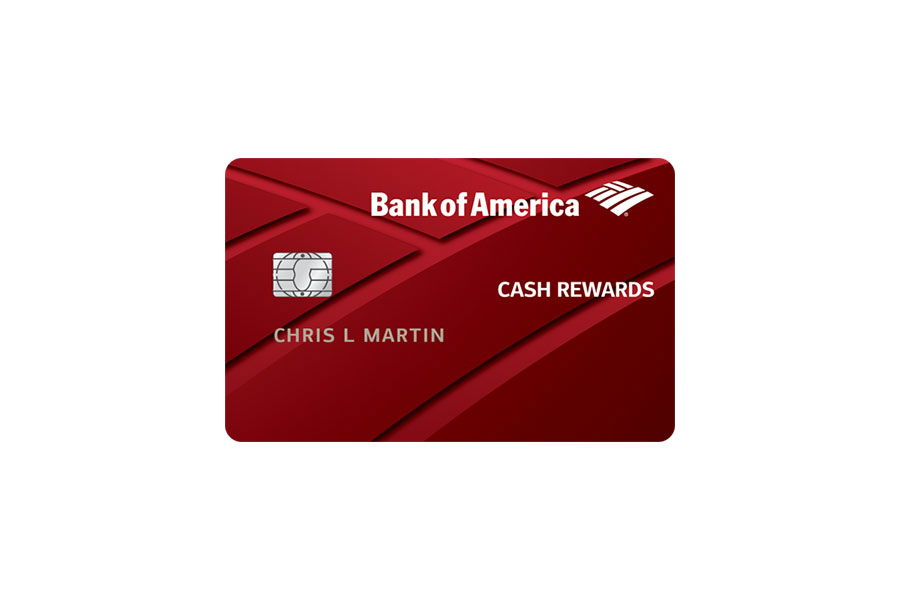The Bank of America Cash Rewards Card is a popular option for those looking to earn cashback on everyday purchases. With flexible rewards categories and no annual fee, it’s an appealing choice for many consumers.
Before applying, it’s important to know what factors affect your chances of approval. While a strong credit score is key, other financial details also play a role in the decision.

Credit Score Requirements for the Bank of America Cash Rewards Card
The Bank of America Cash Rewards Card typically requires a credit score of at least 750 for approval. This falls within the “excellent” credit range, meaning applicants with strong credit histories are more likely to qualify.
However, approval isn’t solely based on credit score. Bank of America also evaluates factors such as income, existing debt, and recent credit activity. A higher score can improve your chances of approval and help you secure better terms.
How to Increase Your Chances of Getting Approved for a Bank of America Cash Rewards Card
To increase your odds of approval, you should first understand what the card issuer is looking for in a potential cardholder. For the Bank of America Cash Rewards Card, the primary factors include:
- A strong credit history: Credit card issuers prefer customers with a consistent record of on-time payments and responsible credit use.
- Steady income: Banks want to know that you have a reliable source of income to make your payments.
- Low credit utilization: Keeping your credit utilization ratio under 30% is essential, as high utilization rates signal that you might be at risk of overspending or not paying back your debts.
- Limited recent credit inquiries: Applying for too many credit cards or loans in a short period can negatively impact your credit score and make issuers wary of extending credit.
Tips to Improve Your Chances of Approval
If your credit score isn’t quite at the recommended 750 or higher, here are some tips to help you improve your chances of approval:
- Monitor your credit reports: Regularly check your credit reports from the three major bureaus (Equifax, Experian, and TransUnion) to ensure there are no errors or inaccuracies that could be hurting your score.
- Pay your bills on time: Late payments can significantly damage your credit score, so make sure to always pay your bills on time.
- Reduce your debt: Work on paying down your existing debts, focusing on high-interest debts first. This will not only lower your credit utilization but also save you money in interest payments.
- Keep credit inquiries to a minimum: Limit your applications for new credit to avoid multiple hard inquiries on your credit report.
Get Help with Improving Your Credit Score
If your credit score isn’t where it needs to be, professional credit repair services may be an option. Companies like Credit Saint assist in disputing and potentially removing negative items, such as late payments, collections, charge-offs, foreclosures, repossessions, and bankruptcies.
A stronger credit profile can increase your likelihood of approval for credit cards and other financial products. Visit their website for a free credit consultation to explore ways to improve your credit score.


